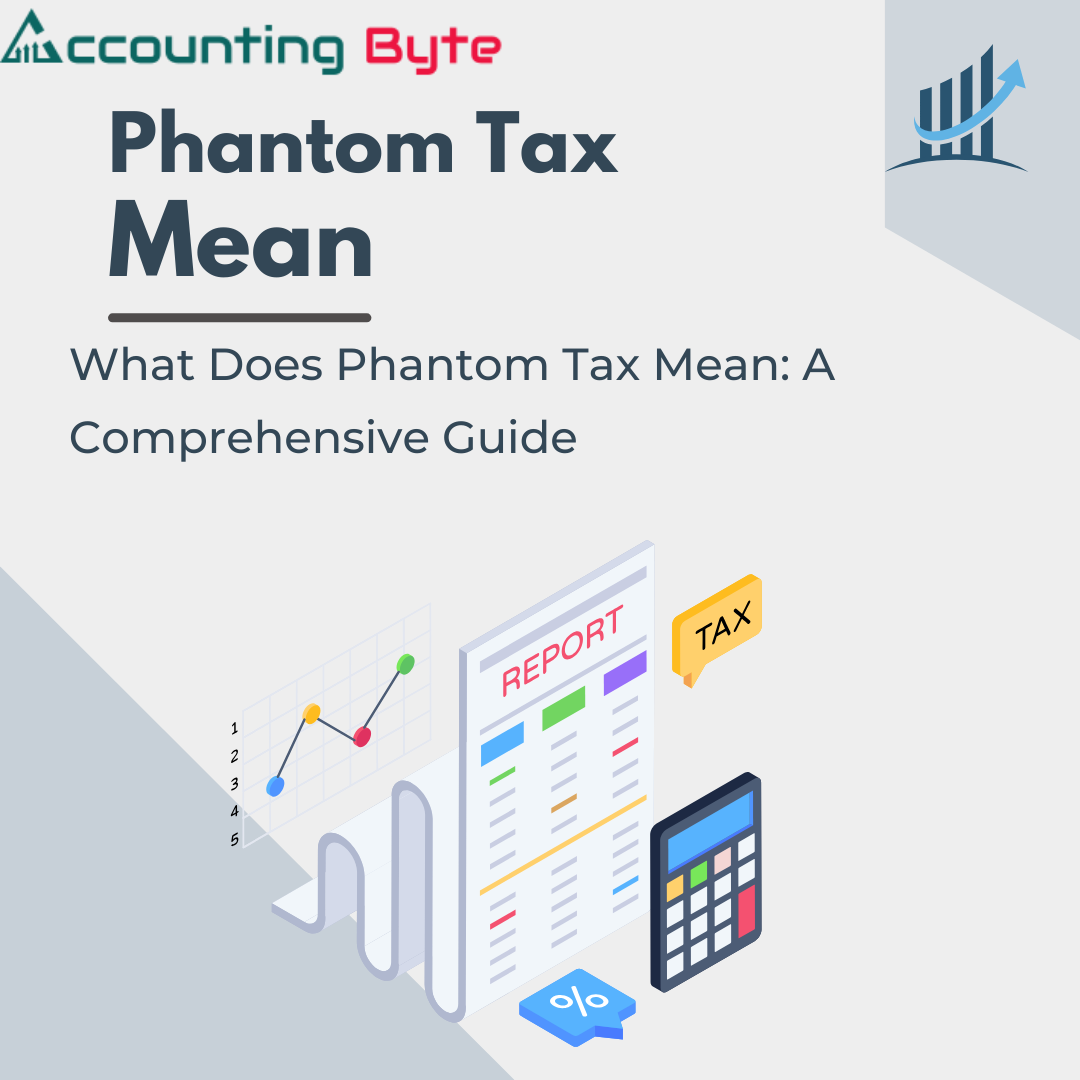Welcome to the vast realm of finance and investments where the term Phantom Tax has triggered intrigue among business professionals. This complex term is often misunderstood by investors.
Indeed, Phantom tax refers to the tax payable for the amount that is not received in any form whether cash or a physical asset. This has a significant impact on investors’ tax liabilities, finnacial planning decisions and overall business strategies.
So, let’s embark on a journey to unravel the mysteries of what does phantom tax mean.
What is Phantom Tax
In simple terms, Phantom tax is referred as a Phantom income or Dry income which is typically the situation when an investor is subjected to a tax for gaining an income that has not been received in cash or as a physical asset, even when this income can not be liquidated for other investment programs. Sometimes phantom tax is known as “Phantom Revenue” which can happen in various investment programs like in stock bonds, real estate, and other assets that experience appreciation or generate gains that is not reflected in any form.
The term phantom tax has a significant impact on investor’s tax liabilities and financial planning strategies.
Examples to Understand Phantom Tax
- Unrealized gains on stocks: In certain instances when you may have purchased a stock that has noticed an appreciation over time, but that doesn’t matter for investors unless the stock is sold, but the IRS (Internal Revenue Service) imposes a tax on that amount to the investors. This is a Phantom Tax which increases tax liability to the investors..
- Depreciation in Real Estate Property: Sometimes property owners need to pay tax for the depreciation expenses happening over time to manage their rental income. This can be termed phantom income, and investors need to pay tax for it, even when they have not received any rental income in reality..
- Zero Coupon Bonds: These Zero Coupon bonds are offered at a discounted rate and it will mature at their value. However, the interest on these bonds is provided at the end of the year, still, they have to pay tax on it even when they have yet to receive the cash of the bonds in real.
Wrap up
Phantom tax can be overwhelming for investors and it is often overlooked and misunderstood by investors who rely on the growth of their investments.
Therefore understanding the intricacies of the Phantom tax is very crucial for investors.
One of the most common phantom tax meaning, is it creates unexpected tax liabilities to the investors as they need to pay taxes for the appreciation value on their investment even when they have not received it in actuality in any form
To Dive deeper into it must visit the site AccountingBytes.com once.








